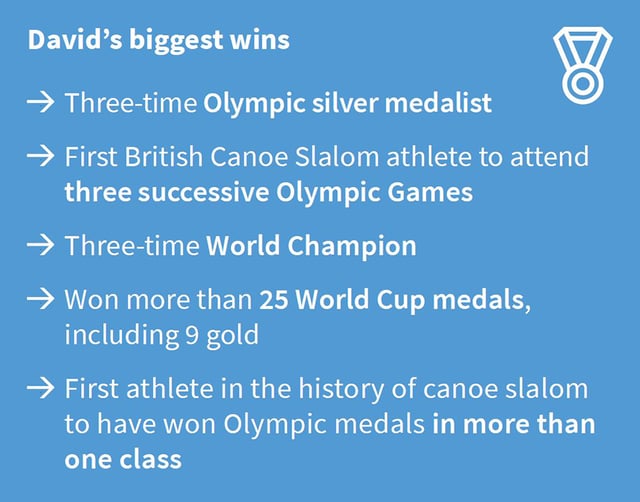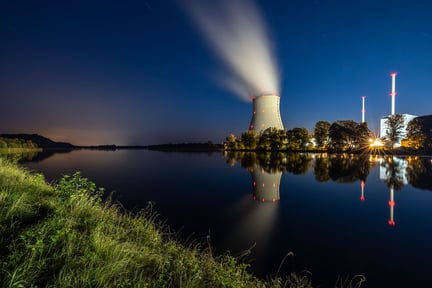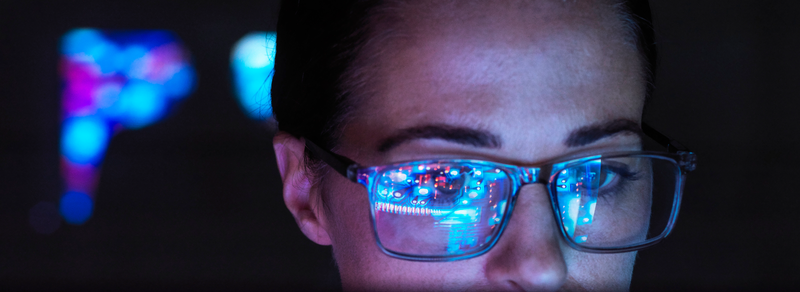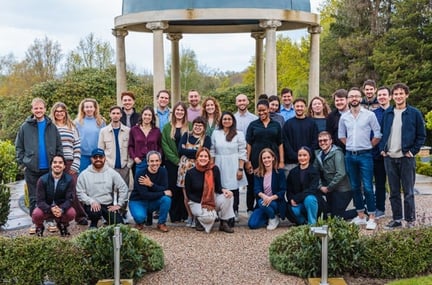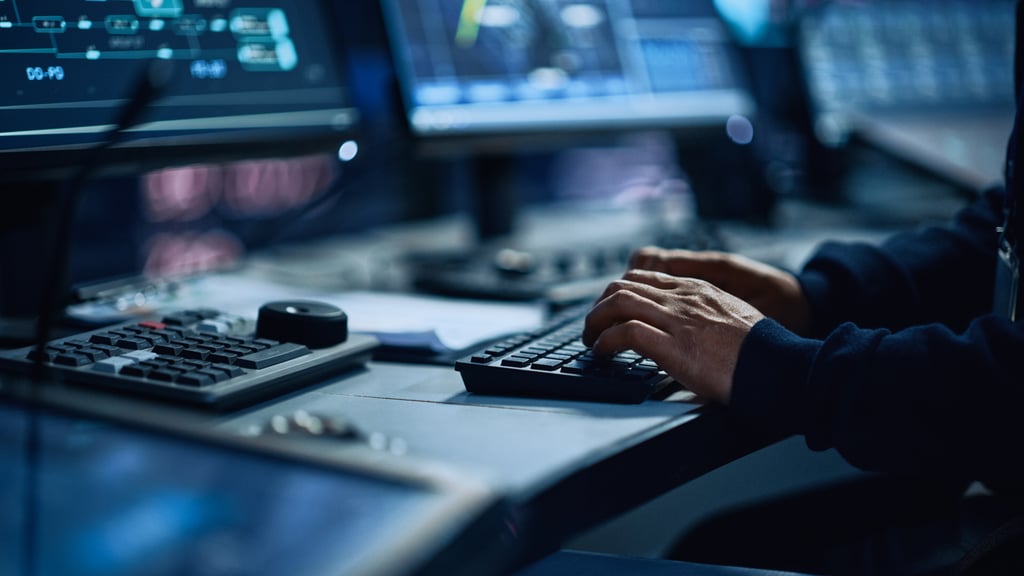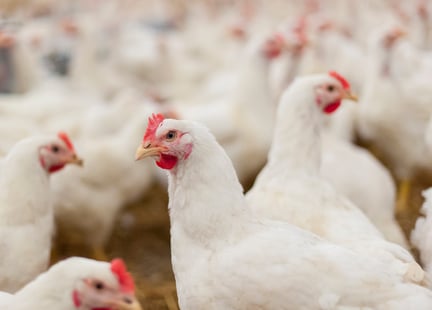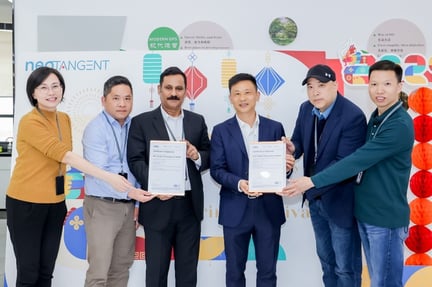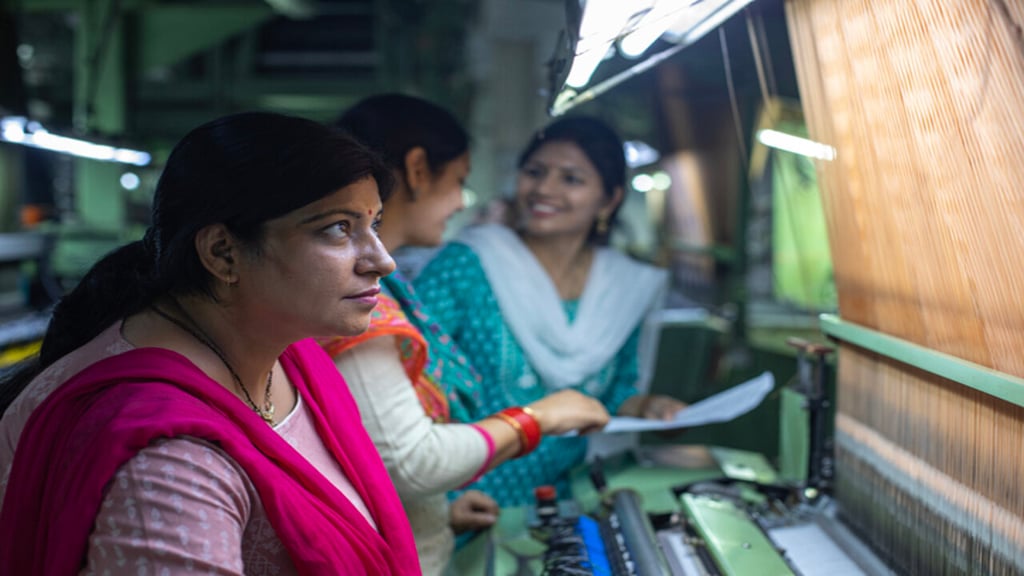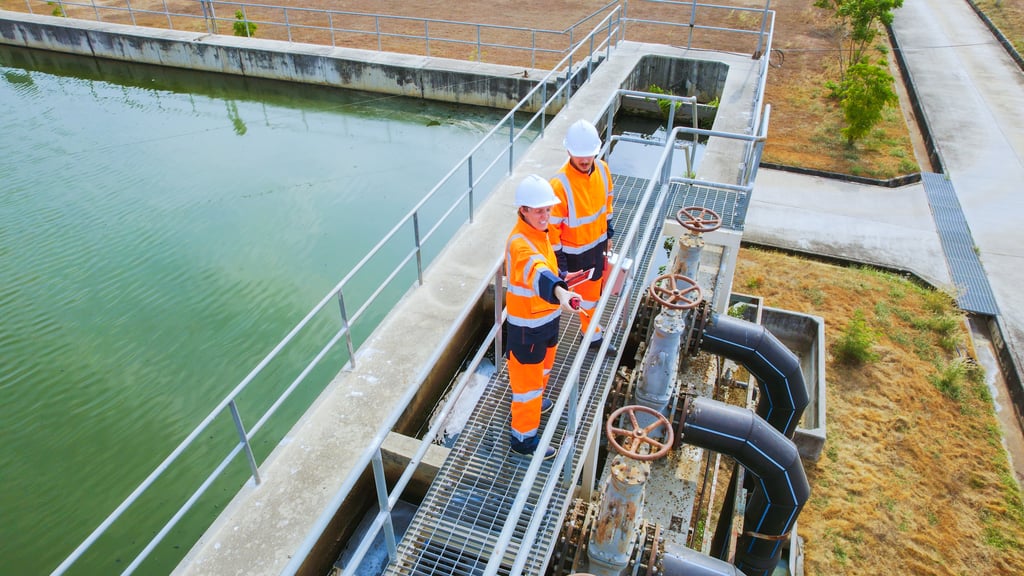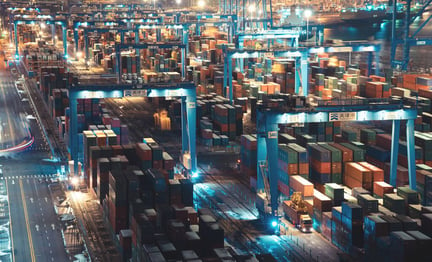Olympic and World Champion canoeist David Florence is the number one standby to compete for Team GB at the Tokyo Olympics. He’s been supported by LRQA for more than a decade of his career.
Even though David Florence won’t be on the Team GB plane to Tokyo for this summer’s Olympic Games, he’ll be watching the progress of our chosen canoe slalom competitor intensely. If they can’t compete – because of COVID-19 or any other reason – he’s the number one standby and will get the call to pack his bags for Japan. So, even though David didn’t qualify as first pick to compete for Britain, his intense training schedule continues.
“I’ll be the reserve until the cut-off date, which is immediately before the actual competition begins. Until that point, I’ve got to train and act like I might be going to the Olympics. I wouldn’t want to suddenly be given that opportunity and not to have taken it seriously and trained to the best of my ability.”
“I’ve competed at the last three Olympic Games, but on this occasion, I came up as the reserve. It’s a disappointment obviously but nevertheless you never know what’s going to happen. I want to be in the best shape I possibly can should the call come in. Beyond that, I’ve got a World Championship soon so it’s a massive year and I’m looking forward to giving it my best.”
That positivity in the face of adversity comes from years at the top of a fiercely unpredictable, intensely demanding sport. Competitors guide a canoe down rock-filled rapids with millimetre-perfect precision, in water moving at a rate of up to 12 tons per second. They must navigate more than dozen hanging gates, some of them entered by following the flow of water, some of them tackled against the current – all against the clock. There are countless opportunities for errors.
“Canoe slalom can be a really frustrating sport. Every day, you can make multiple mistakes and learning to deal with that can take a long time; it wasn’t something I was good at as a youngster. But the way you deal with that is a real separator.
“All the top 50 competitors in the sport are physically fit and strong enough to win the World Championships, and the top 20 have a high enough technical skill on the water.
“What really separates the winners, especially in a sport that can come down to one run in four years at the Olympic Games, is the psychological ability to perform in an arena where there is a high degree of risk. For me, learning the skills to deal with that was what made the difference between just being a talented youngster, to the person who got the big wins.”
David, 38, has been competing internationally since the age of 19. It means he’s built up an astounding level of expert knowledge on the water, which keeps him going through the ups and downs of his sport. It’s something he thinks anyone with expert knowledge – whatever the subject of their passion – will understand.
“Expertise for me is a really interesting thing in our sport. Obviously, it’s fantastic to go to the Olympics or the World Championships and win a medal, but there’s a really satisfying element of the sport which is just having that expertise and those years of focused learning, getting yourself to a level where you’re so good at something that just doing it is a challenge but also a joy.”
“I might be out on a winter’s day on the course with no one watching, doing some moves in my canoe that need a really high level of expertise, and that, on its own, is a very satisfying thing. It’s really important to me; that expertise is a motivator that drives me towards an Olympic final where my performance is compared to others in front of cameras and crowds.”
The attitude needed to succeed as a top-ranking athlete resonates with being part of a successful business like LR. Both are striving for excellence in a dynamic environment, assessing and managing risk effectively.
“I think a lot of the experiences of an elite athlete are mirrored for people in businesses. The athletes I’m competing against are getting better and better all the time, so I need to be more accurate and more technically proficient as time goes on. It’s not enough to be as good as you were the previous year. You always need to adapt and move with changing times.”
David doesn’t know exactly what’s next for him, but is thankful for LRQA's support, seeing him through all his World Championship titles and last two Olympic medals. “This year I’m focused on being in the best place I can as the Olympic reserve and being in the best place for the World Championships. After that race, I’ll see if I’m still going strong in the sport and if I want to push on for another few years to the Olympic Games in Paris, or transition to something else to throw my enthusiasm and ambition into.”
Whatever that is, David’s pin-sharp focus on playing his own game with passion and professionalism will see him succeed.
